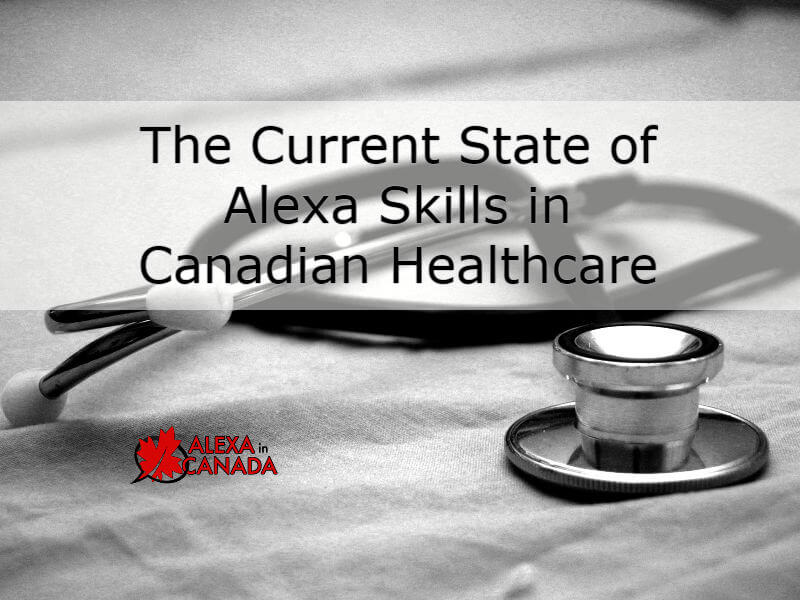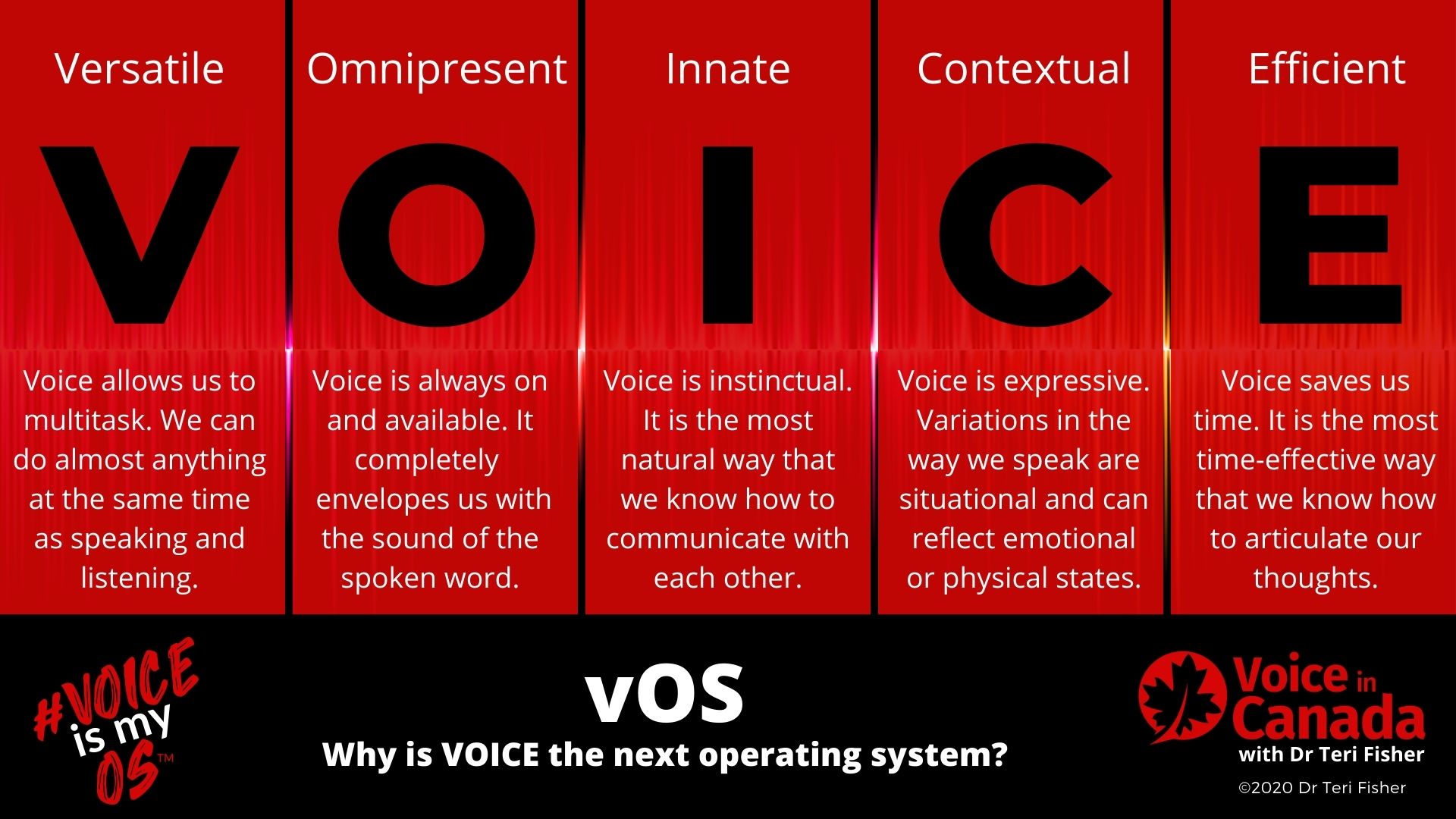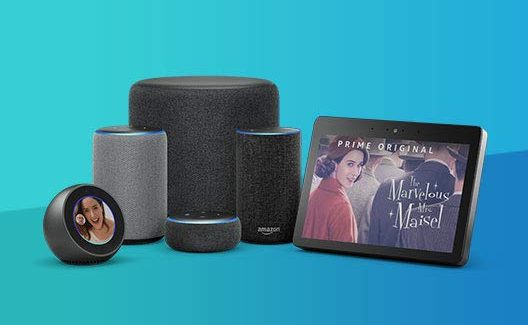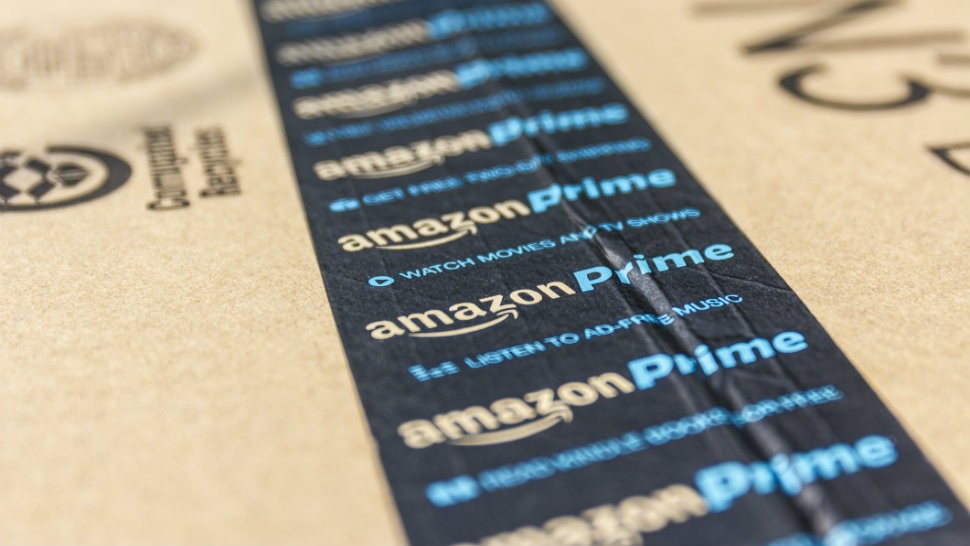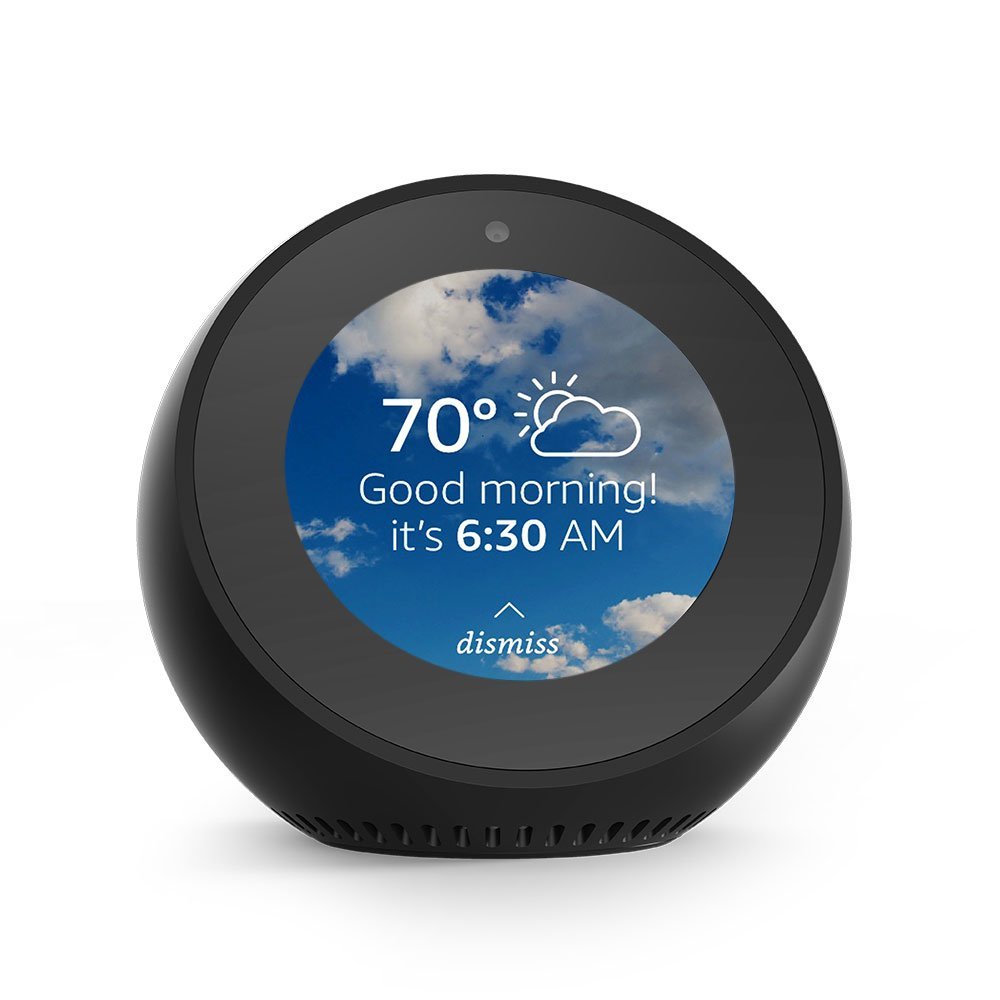“Dr. Alexa, I have a bad cold,” might be something you’ll be hearing a lot in the near future, but right now the Alberta Health Services (AHS) Alexa Skill is the only Alexa skill specifically designed to address a core need of the the Canadian healthcare system – lack of access to healthcare in a timely manner. The AHS skill tackles this issue by telling you about current wait times at emergency rooms in Calgary, Edmonton and other locations in Alberta, and helps you to determine where you should go.
“Once the AHS Alexa Skill is installed on your mobile device and connected to your Amazon Echo product, you can say simple phrases such as, ‘Alexa, ask AHS for emergency department wait times,’ or, ‘Alexa, ask AHS for latest news,’” says a statement from AHS (Alberta Health Services), which is the first provincial health authority in Canada to offer this particular technology.
Since the launching of the Alexa skills store in the United States in 2015 (and in Canada in 2017) Amazon developers have put together more than 30,000 skills that allow users to interact with their Alexa-integrated devices. Using these skills, users of Amazon Echo, Echo Dot and other devices can use simple language to interact with Alexa in various ways ranging from shopping and playing games to getting the latest news, weather, travel and health information.
Innovative technologies, like Alexa, are allowing companies to break new ground within the healthcare sector. As healthcare professionals and technology continue to increase their partnerships, the cooperation has given rise to an increase in new Alexa skills centered on health… at least in the United states.
How can the AHS Alexa Skill help Canadians manage their health?
With the released of the AHS Alexa Skill, Albertans can now gather all the up-to-date information on AHS. With the problems surrounding the lack of rapid access to the Canadian healthcare system, the AHS skill is a great example of how innovation and technology can better support Canadians in accessing and managing their health.
AHS plans to continue adding new services to the AHS Alexa Skill, in addition to expanding the same service for Google Home products and Apple’s HomePod product line.
Patients and the general public can also visit ahs.ca/waittimes or use their AHS mobile app to get up-to-the-minute wait times at certain emergency departments 24 hours a day, seven days a week. However, AHS cautions that “any patient with a potentially life-threatening condition should immediately phone 911 or go directly to the nearest emergency department, regardless of estimated wait times.”
Amazon’s entrance into the U.S. healthcare systems
Last October, the St. Louis Post-Dispatch reported that Amazon had received approval for wholesale pharmacy licenses in at least 12 U.S. states.
Although Amazon declined to comment on the report, the online retailer had been quietly gearing up to deliver more than just books and other merchandise after watching the U.S. health care shift and slide.
“It’s entirely likely Amazon will play a role in health care. They’re a company that’s been very disruptive to multiple industries,” said Wendell Potter, a health care industry critic. “I bet you they’ve been looking at healthcare for some time—there are opportunities there for them.”
The Alexa Diabetes Challenge is another way that Amazon is promoting the healthcare side of Alexa. The Challenge is a joint venture of Amazon, Merck, and Luminary Labs that will award a $125,000 prize to the start-up that can develop a voice app to help patients with type 2 diabetes better manage their conditions.
How do the patients in the U.S. feel about Alexa Skills?
Yvonne Meyer, an 81-year-old former teacher living at a senior living facility in Los Angeles, California, was skeptical when her home health aides gave her an Amazon Echo Dot to try.
She said that she didn’t understand why she needed this, but soon became a fan. She said Alexa has made connecting with her home health aides much easier.
In the past Yvonne has relied on a medical alert pendant she wears around her neck to alert others if she needs help. “But it often times takes a while for them to answer and find out what my problem is, but with Alexa it takes no time at all and they come right away.”
Alexa Skills in the U.S. that might do well in the Canadian healthcare system
A large barrier to adoption of these skills into the Canadian healthcare system is the fact that Canada has different legislation around the healthcare system and with evolving technologies, either the technology itself or the Canadian laws must evolve accordingly. Nevertheless, Canada would benefit from skills that allow easier access to healthcare to allow healthcare to be brought into the home, thereby easing the pressure on the healthcare system.
U.S. hospitals such as Beth Israel Deaconess, Commonwealth Care Alliance, Northwell, and Libertana Home Health have also shown that voice assistants can play a very useful role in the delivery of healthcare within the walls of a healthcare facility. However, they also have shown that more work needs to be done in order for these personal assistants to take advantage of the possibilities for the future of healthcare delivery within the enclosures of healthcare organizations.
Here is a small sampling of some Amazon Alexa skills that would help serve the needs of the Canadian Healthcare system:
Lenovo Health Applications
This application lets users interact with their healthcare team in an assortment of new and exciting ways. For example, a patient can tell their Alexa-enabled device, “Alexa, I need a prescription refilled” or “Alexa, can you inform my care coordinator that I need a driver to pick me up?”
This platform can also be integrated with a range of wearable devices that provide users the ability to monitor and record crucial data like blood pressure, heart rate, and more. The data can then be kept and shared with the patient’s health care team or be retrieved by a user by simply asking their digital assistant.
HealthTap
HealthTap is a health service that provides access to doctors through text, video, and voice 24 hours-a-day, 7-days-a-week. In February, the practice launched its Doctor A.I. service through Alexa. The service is focused on providing patients with relevant solutions to their health inquiries. This voice-controlled service is able to provide health related advice based on a patient’s symptoms and even connect the patient directly with a doctor for a virtual consultation.
WebMD Healthcare Q&A
Through WebMD users can use Amazon’s Echo products to enquire about many health related topics such as medical conditions, medicinces, treatments and more. WebMD’s database can be accessed simply by using commands like, “Alexa, ask WebMD to tell me the symptoms of the flu.” The service provides a fast and smooth interaction between users and their medical needs.
Fitbit
This Alexa Skill lets users stay updated on their fitness goals by checking in on their Alexa-enabled tracking devices. Alexa can provide users a lengthy list of personal tracked items such as steps taken, hours slept, calories burned, flights climbed, resting heart rate, and more. Users also can compare their daily progress with data from previous days, weeks, and months. Fitbit gives users a comprehensive understanding of their fitness data at a quick glance (or voice!), enabling more knowledgeable opinions about their day-to-day health.
KidsMD
Created by Boston Children’s Hospital, KidsMD is an Alexa Skill that enables users to ask for health information for common ailments and medication dosing for children. Reviews on the wealth of information contained in this Alexa Skill has gained a lot of positive feedback.
Takeaways
Full implementation of Alexa Skills in Canadian healthcare can be very useful for patients, their families and caregivers. We are just in the infancy of this technology and it has the opportunity to completely disrupt the healthcare system by bringing healthcare into the home and increasing access to healthcare information and advice.
According to experts, voice assistants hold a lot of potential for healthcare – potential that may be realized sooner than many think.
“The ability to interact with an individual, a consumer, with their data and the world’s medical literature – no one has done that yet,” said Scripps Health’s Dr. Eric Topol, author of The Creative Destruction of Medicine. “Ultimately I think there will be a race between the likes of Amazon, Apple, (and Google’s) Verily to get there first — as well as, perhaps, a couple of hundred start-ups.”
Let’s hope that the Canadian Healthcare system takes advantage of this emerging technology and becomes a leader in this field… we certainly need it!

